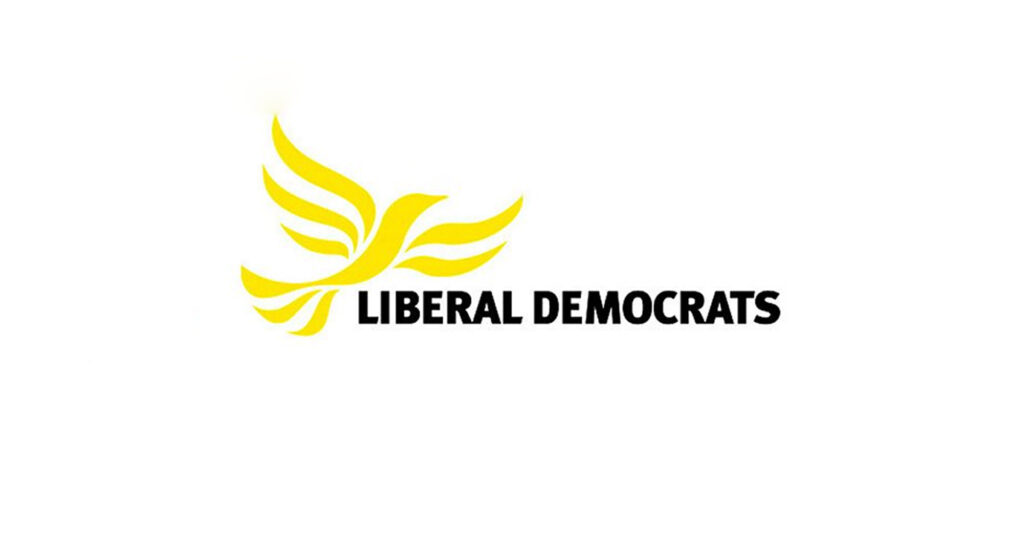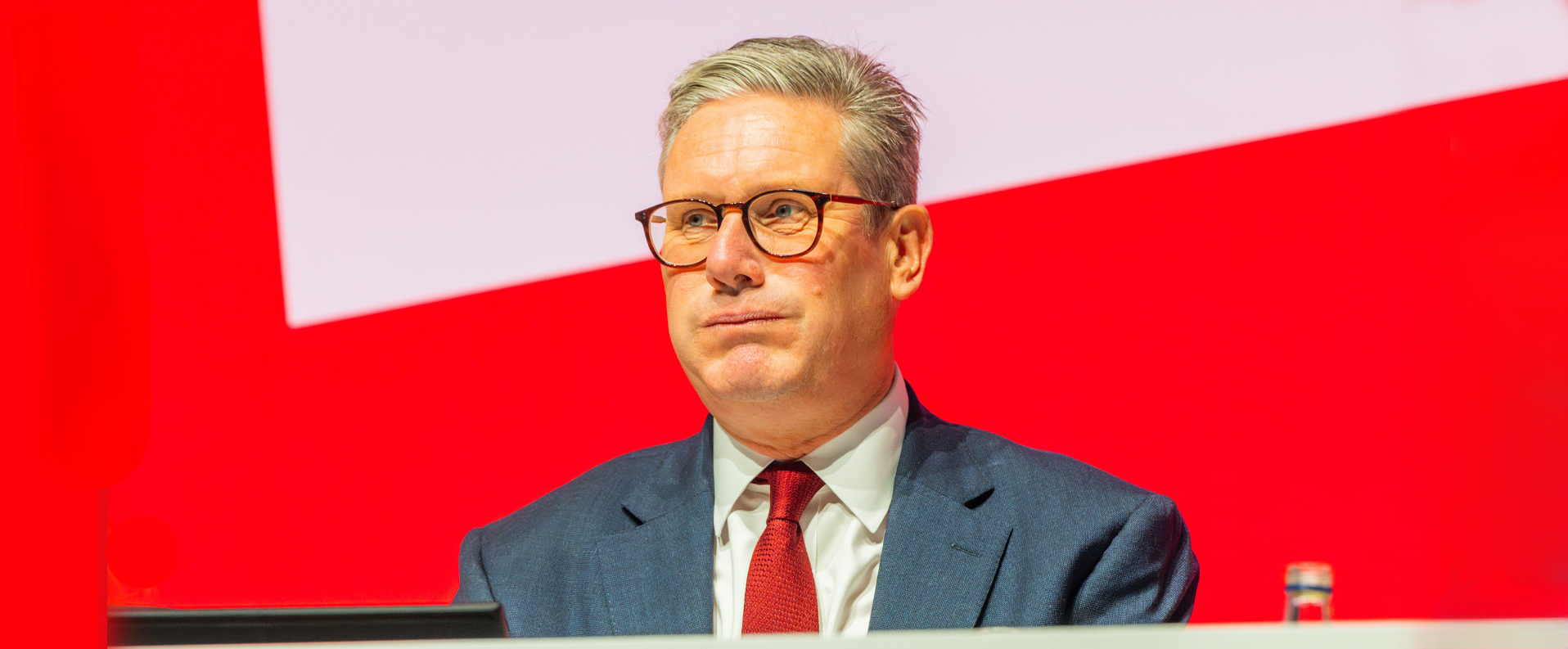
The Liberal Democrats’ somersaults over university tuition fees have been a spectacle to behold. But a serious point underlies the comedy of Cabinet ministers openly debating whether or not they should support their own government’s policies. How the Lib Dems behave will be noticed by the voters – and the party’s fate is central to the direction of British politics.
Recent polls suggest coalition with the Conservatives has cost the Lib Dems at least half their support. Research I conducted earlier this year found that Chris Huhne, the Energy Secretary, may be in trouble in his marginal Eastleigh constituency, and even Nick Clegg has a fight on his hands in the Sheffield Hallam seat he won comfortably in May. The theory goes that those who voted Lib Dem are so cross with the party for putting the Tories in office that many of them will vote Labour at future elections. That is certainly what many in the Labour Party think. On that basis, the Lib Dems’ long term future has been called into question.
The picture is more complicated than this. Before May, the Lib Dems were held back by two common views: that they were a wasted vote because they would never win, and that although they seemed terribly nice people their policies probably didn’t really add up. The party’s presence in government therefore offers at least the chance to overcome both of these barriers. At the same time, it could retain its two biggest strengths: the reputation of Lib Dem MPs as local champions, and the perception that they seemed more reasonable, and less inclined to indulge in partisan sniping, than the other two parties. I commissioned some research, both among people who voted Lib Dem and those who considered doing so but decided not to, to look more deeply into the opportunities and threats facing the third party.
The key to the Liberal Democrats’ predicament lies in the motivations of their voters. For a good proportion (but no more than that) the main factor was a desire to see the party in government – indeed more of them voted in anticipation of an outright Lib Dem victory than in the hope that they would hold the balance of power in a hung parliament. Another large bloc voted for the party on the basis of local issues or candidates. But a number of Lib Dem “supporters” were not really voting for the party at all – at least a quarter were either voting to stop their least favourite party from winning, or as a protest against both the bigger parties.
Like a brand new car that loses a chunk of its value the moment it is driven off the forecourt, the Lib Dems were bound to lose part of their ragbag coalition of voters as soon as they entered government. Not just because whichever main party they sided with would upset the voters who preferred the other one; many people voted Lib Dem precisely because they did not expect the party to sully itself with power. To them, the Lib Dems represented the purity of perpetual opposition. The research found that these people now took a much more negative view of the party than Lib Dem voters as a whole.
The fact that the coalition decision cost the Lib Dems support does not mean it was wrong, even in partisan terms – though only 49% of their voters thought the decision was right, only 21% thought the party should have formed a coalition with Labour instead, and 30% thought they should have stayed in opposition. Propping up a defeated Labour Party would have provoked fury, and turning down the chance of government would have meant that millions really did waste their votes, cementing the perception that they were not a serious party. Even many Lib Dem voters who do not much like the current government concede that the party was right to join it.
A sizeable slice of Lib Dem voters are surprised that the coalition partners seem to be getting along so well, at least at the top. Yet the harmony troubles them. Are Lib Dem ministers vigorously arguing their corner behind the scenes, and presenting a united front when consensus is reached? Or do they simply carry no clout – either because they are being ignored or just rolling over? Most suspect the latter. In fact 62% of those who voted Lib Dem thought the party had “not very much influence” or “no real influence at all” over the government’s policies and direction.
Accordingly, 44% of those who voted Lib Dem in May said their view of the party had changed for the worse since the election, with only 14% saying it had changed for the better. Only 54% said they would probably end up voting for the party again in 2015, though many stressed they had by no means made up their minds. On the other side of the equation, 30% of those who considered voting Lib Dem in 2010 but decided not to said their opinion of the party had changed for the better. Clearly this has not yet been enough to replace the voters the party has lost – but it does give a clue about what the Lib Dems need to do, and what they should avoid.
For many voters, the party’s presence in government is benefiting its reputation: 68% of those who considered but rejected the Lib Dems said the party had shown it is “prepared to take real responsibility, not just oppose from the sidelines”, and 64% say it is “making an important contribution to the government of Britain”. Clearly, the future for the Lib Dems is to show that it is a grown-up party. It will never be able to please everyone, so it should choose to address the voters who want it to be a serious force. This will be a long-term strategy, and it may not be possible for the Lib Dems to return to pre-coalition levels of support in time for the next general election.
Yet some of the more disappointed among former Lib Dem voters say they might look again at the party if it showed, in public, a bit more fighting spirit. The temptation for the Liberal Democrats, then, will be to try and have it both ways: to be both a responsible party of government capable of dealing with harsh realities and uncomfortable truths, and a party of opposition-in-office, always ready to disavow the difficult and the unpopular. The mayhem within the parliamentary party over tuition fees shows that many self-indulgent Lib Dem MPs are prey to this temptation. Pandering to the party’s oppositionist tendency may win back a few of the voters who don’t like what has happened since May – but at the expense of many more who think the Liberal Democrats are finally getting somewhere.
Download the report


